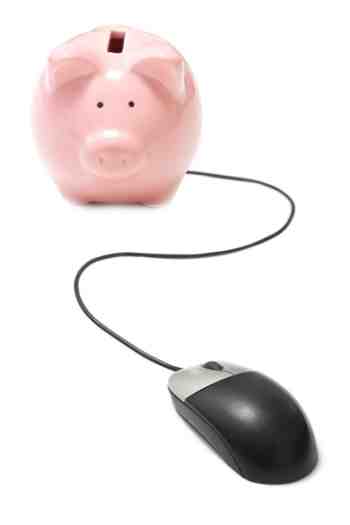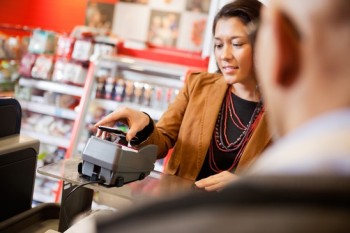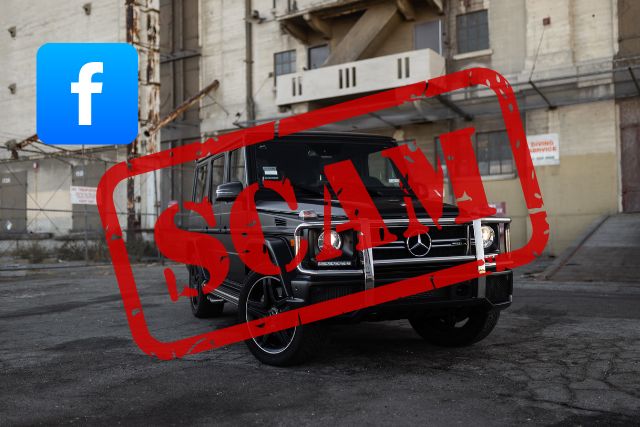How Safe is Online Banking? Tips You Need to Know
 Online banking has made performing many tasks simpler and quicker; what used to take a drive to the bank and a wait in line can now be done in just a few clicks.
Online banking has made performing many tasks simpler and quicker; what used to take a drive to the bank and a wait in line can now be done in just a few clicks.
However, like other online activities, online banking does have security pitfalls, so that convenience comes at a price. How safe is online banking? That depends in large part on the way we conduct ourselves online.
According to the Federal Deposit Insurance Corporation, better known as the FDIC, safe internet banking depends on making good choices. That means researching the bank, being wary of common internet scams, and ensuring that the website the bank is using is secure.
However, if you’re wondering “is internet banking safe?” the information provided by the FDIC might be over-simplified, since safe internet activity involves much more than that, including instituting good password practices, using firewalls, and other steps to avoid data breaches.
Last year, a data breach at Citibank that compromised account information for 210,000 cardholders had customers and others questioning, “Is online banking safe and secure?” Citibank determined that critical personal information was not released in the data breach, but it was still a wake-up call for many who assumed that online banking was safe from the get-go.
Really, secure online banking is possible, but only for those who take steps to protect their own information.
Safe Online Banking Tips
Depending solely on banks to keep your online banking activities secure is a little like depending on the police to prevent burglary to your home when the front door is unlocked.
While banks can and do take security measures, they do not secure your computer, your internet connection, your passwords, and other keys that hackers can use to obtain your banking information. If you want to make sure you know whether or not are online banks safe, follow these safe online banking tips.
- Keep the security software on your computer updated. Whether you use a Mac or a PC, you should be running a full complement of anti-malware, anti-spyware, anti-virus, and firewall protection from trusted names like Norton and McAfee to protect your online activities.
- Use mobile banking with caution. Mobile banking is convenient, but most mobile banking sites aren’t as secure as their traditional counterparts. Saving passwords and account names on your mobile phone can lead to trouble if the phone is lost or stolen.
- Don’t follow hyperlinks from emails. Even if you receive a message that looks like it’s from your bank, always open an internet browser and type the web address of your bank directly to log in. Misdirected or pirated hyperlinks are a leading cyber threat that can lead to you giving online criminals your bank log in information unknowingly in the practice known as phishing.
- Use smart password habits. The passwords to your online accounts should always consist of a mix of upper and lower case letters, special characters, and numbers. Never re-use the password to your online banking accounts for another site. A less secure site could be hacked, and if you are reusing passwords, an enterprising thief could figure out that the password stolen from your email or Facebook account works on other sites.
- Pick difficult security questions. Most financial sites now require that you answer one or more security questions before you can enter your password. It’s tempting to pick the easy-to-remember security questions, but the answers to these questions can usually be guessed by others. In fact, the Identity Theft Resource Center reports that almost half of identity theft victims know the person who stole their identity. Pick difficult security questions, or even make up false answers (as long as you can remember them later).
So how safe is online banking? The answer depends on your personal internet habits. If you are using measures to protect the security of your internet connection and personal information, online banking is very safe. I use it myself on nearly a daily basis.
The key is knowing the tricks criminals use to get to you so that you can take action to protect yourself.



